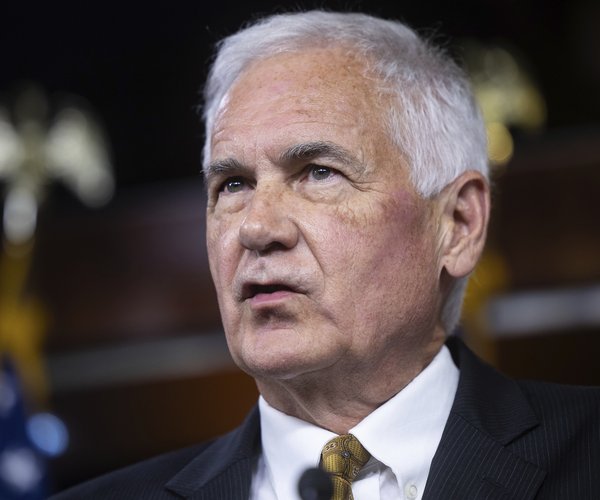At the southern terminus of Austin Road is one of 280 gems known as California State Parks.
Caswell Memorial State Park is home to unique valley riparian woodlands. Such clustering of woodlands once covered immense swaths of the Valley floor alongside rivers. Today less than 2 percent of riparian oaks that existed when unsuccessful gold seekers turned to farming still stand.
The 258 acres in the state park are home to perhaps a hundred or so riparian brush rabbits. The flourishing banks along the San Joaquin and Stanislaus rivers allowed the now endangered species to once number in the hundreds of thousands.
Caswell lures visitors for two reasons: The unique solitude of its woodlands and its unparalleled access to the Stanislaus River for swimming or fishing.
Although it is literally in our own back yard, the largest chunk of users tend to come from the Bay Area to frolic in the Stanislaus during the summer heat,
The Little Hoover Commission – an independent think tank of sorts that has long been credited with coming up with innovative ways to guide California’s governance – believes the state should outsource management of some of its parks. And those that serve primarily local visitors should be “realigned” to allow local control.
The reason is two-fold. For years, the state has lacked the means to support many parks creating a huge backlog of deferred maintenance. The state also can’t afford to cover day-to-day staffing and operational needs.
That is why 70 of the 280 state parks were targeted for closure in 2012. They were spared by last-minute maneuvers but time is running out. The moratorium placed on state park closures by the California Legislature expires in 2014.
While Caswell escaped being placed on the closure list, a case can be made that the park might be better managed locally. It is a low-cost state park as far as staffing and maintenance goes. But it could be run better in terms of promoting and protecting its unique riparian woodlands by shifting control.
One possibility is the Great Valley Museum. The non-profit operates through Modesto Junior College with a focus on the valley and its environment. Another is California State University, Stanislaus where students and professors have documented the riparian rabbit’s struggle.
Shifting management to either one or possibly a regional agency that is either created or exists could go a long way toward building more local interest and generating dollars necessary for preservation and possible expansion.
Let’s face it. Stands of redwoods are sexy when it comes to getting the public’s attention and support. Riparian woodlands aren’t. And while the riparian woodlands may inspire people in a different way than the redwoods, there just aren’t that many people exposed to them.
Caswell’s long-term future rests with building a widespread base of supporters. And the best way to do that is to encourage those who live within the region to appreciate the gem they have tucked away along the Stanislaus River.
Local control was the answer in the 1990s for a nearby state recreation area known as Durham Ferry off Airport Way along the San Joaquin River. During the last major string of budget crisis years at the outer edge of the recession that started in 1989, the state passed control of the Durham Ferry State Recreation Area to the San Joaquin County Office of Education. And while it is no longer open to the general public since an alternative school is operated there, the deal made sure the land was protected and maintained.
Obviously, a Durham Ferry style solution for Caswell is not the answer. But a different management model that expands on why the Caswell sisters donated the land to the state needs to be explored.
Caswell is unique among the region as well as the state park system. Local management may be the best way to make sure that the park and the woodlands within stand healthy vibrant and accessible for generations to come.
This column is the opinion of Dennis Wyatt and does not necessarily represent the opinion of The Journal or Morris Newspaper Corp. of CA. He can be contacted at dwyatt@mantecabulletin.com or 249-3519.







